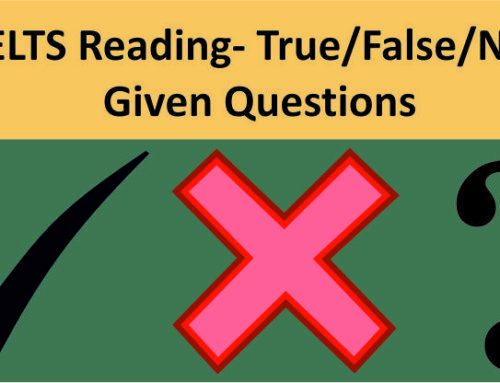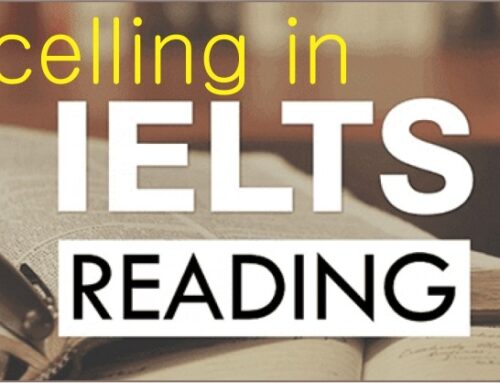Body language is a non-verbal way of communication which involves people, words, the tone of voice and body movements. These days, many people aver that the body language plays an imperative role in depicting a confident personality. Candidates are often confused whether the speaking task in IELTS will be evaluated on the basis of body language or dressing sense. The answer is ‘NO’; however, one important aspect is ‘How your attitude is during the interview’. If you are thinking that this non- verbal communication is not vital then why do we need to consider it? Well! , any activity which can make an individual optimistic and self-assured will help him/her to perform in an optimum way.
On the other hand, if we think about the dressing sense, would the candidate want to get distracted by his/her own attire?
For Instance, a simple stole might create a problem while giving the speaking test. Instead of concentrating what you are speaking, you might get distracted in between the test. Although rare incidents happen like this the candidates must consider wearing comfortable attire for the test.
Let’s see how a proper body language creates a positive impact on your speaking test. While first impressions do count for a lot, it’s during your conversation that interviewers will have an extended time to take you in.
Your answers to questions are important, as is your stance while listening and responding. Keep these body language tips in mind:
1) Posture and Sitting Style

First and the Foremost: No slouching! Keep your back straight and firm. Bend little forward to show interest. (Fig. A) shows more relaxed and open attitude; however, this posture cannot be maintained for a long time. Hence, the candidate might change the position. The best way would be (Fig.C).
2) Suppress Restless Habits

Speaking of Fidgeting. If you are a nail biter or often keep on playing with the pen/pencil, leg tapper and knuckle cracker, do not allow these habits to appear in front of the examiner.
3) Eye Contact
It is important to maintain a good eye contact with the examiner. Avoiding eye contact may mean nervousness and distant. Balance it out: Aim to make eye contact as you listen and respond to questions, but allow it to break occasionally, and let your eyes wander. Think: How would I make eye contact if I were chatting with a friend?
These body languages help in building the confidence level, right posture. The right use of intonation will increase the faith of clearing the interview. Apart from all this, a smile will set an impeccable look.






[…] Significance of Body Language & Dressing Sense in IELTS Speaking Task […]